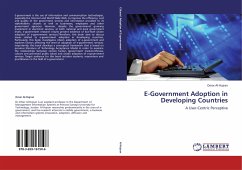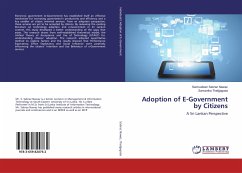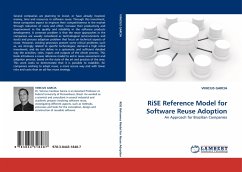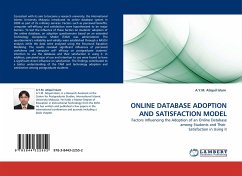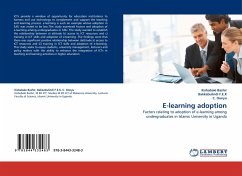
An Information Security Model for E-Government Adoption in Uganda
The role of Information Security in E-government Services Adoption
Versandkostenfrei!
Versandfertig in 6-10 Tagen
47,99 €
inkl. MwSt.

PAYBACK Punkte
24 °P sammeln!
Information Security is a key factor that explains the adoption levels of e-government services, not only in Uganda but the overall world. It enables new technologies to include e-government systems to be adopted, determines intended adopters and implementers' trust in new technology and assures security of the information exchanged over the e-government platform. It also enables active participation and inclusion of users in the e-government system. Despite these benefits, this important role remains a little understood. This is mainly due to the problem of lack of an appropriate information ...
Information Security is a key factor that explains the adoption levels of e-government services, not only in Uganda but the overall world. It enables new technologies to include e-government systems to be adopted, determines intended adopters and implementers' trust in new technology and assures security of the information exchanged over the e-government platform. It also enables active participation and inclusion of users in the e-government system. Despite these benefits, this important role remains a little understood. This is mainly due to the problem of lack of an appropriate information security e-government adoption model to guide government in successful e-government adoption in Uganda. It is therefore necessary to address this major component, information security for success to be achieved in information technology uptake. This study therefore aimed to address the above problem by creating a model for e-government adoption that explains the relationship between information security factors and the successful adoption of e-government in Uganda. The model's potential is that it is generic and may find application in other technologically developing countries



